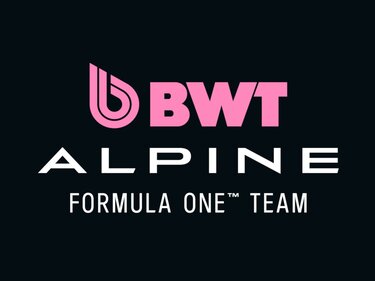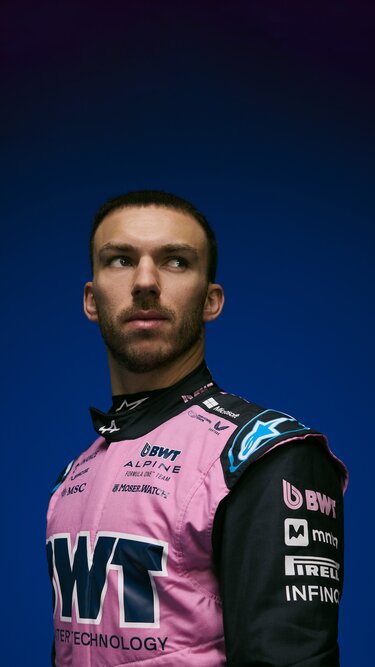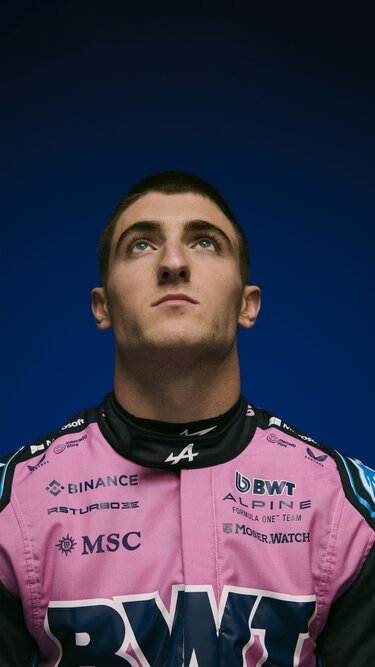
BWT Alpine F1®-Team
Rise Higher
Die Alpine A525 vereint Know-how und Innovation und verkörpert das Streben nach ultimativer Leichtigkeit und Leistung.

Das Streben nach Leichtigkeit
Das CHASSIS der A525 besteht aus einem geformten Monocoque aus Carbon- und Aluminiumwaben-Verbundwerkstoff, das vom BWT Alpine F1-Team hergestellt wird und auf maximale Festigkeit bei minimalem Gewicht ausgelegt ist.

Die Grenzen verschieben
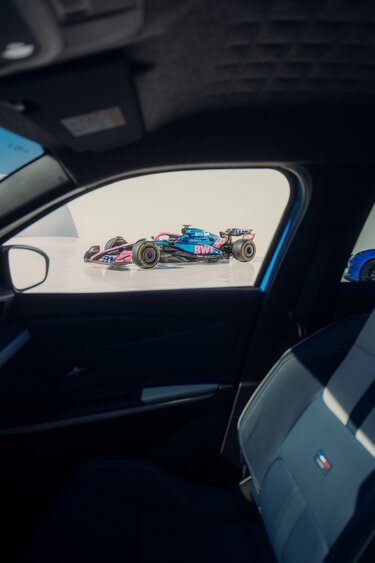
Von der Rennstrecke auf die Strasse
Sämtliche Arbeiten rund um die Aerodynamik und die leichten Materialien, die auf der Rennstrecke getestet wurden, werden in jedes Alpine Modell integriert, um ein aussergewöhnliches Fahrerlebnis zu bieten.
Unsere Fahrer
Entdecken Sie auch
WEC
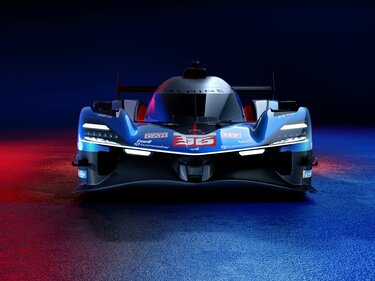
Shop

Verfolgen Sie die F1®-Saison 2025 live

Unsere Partner
